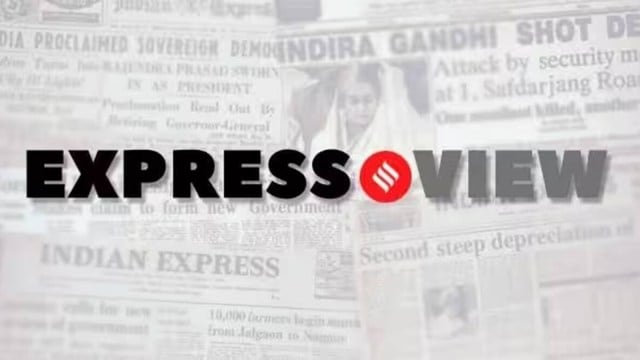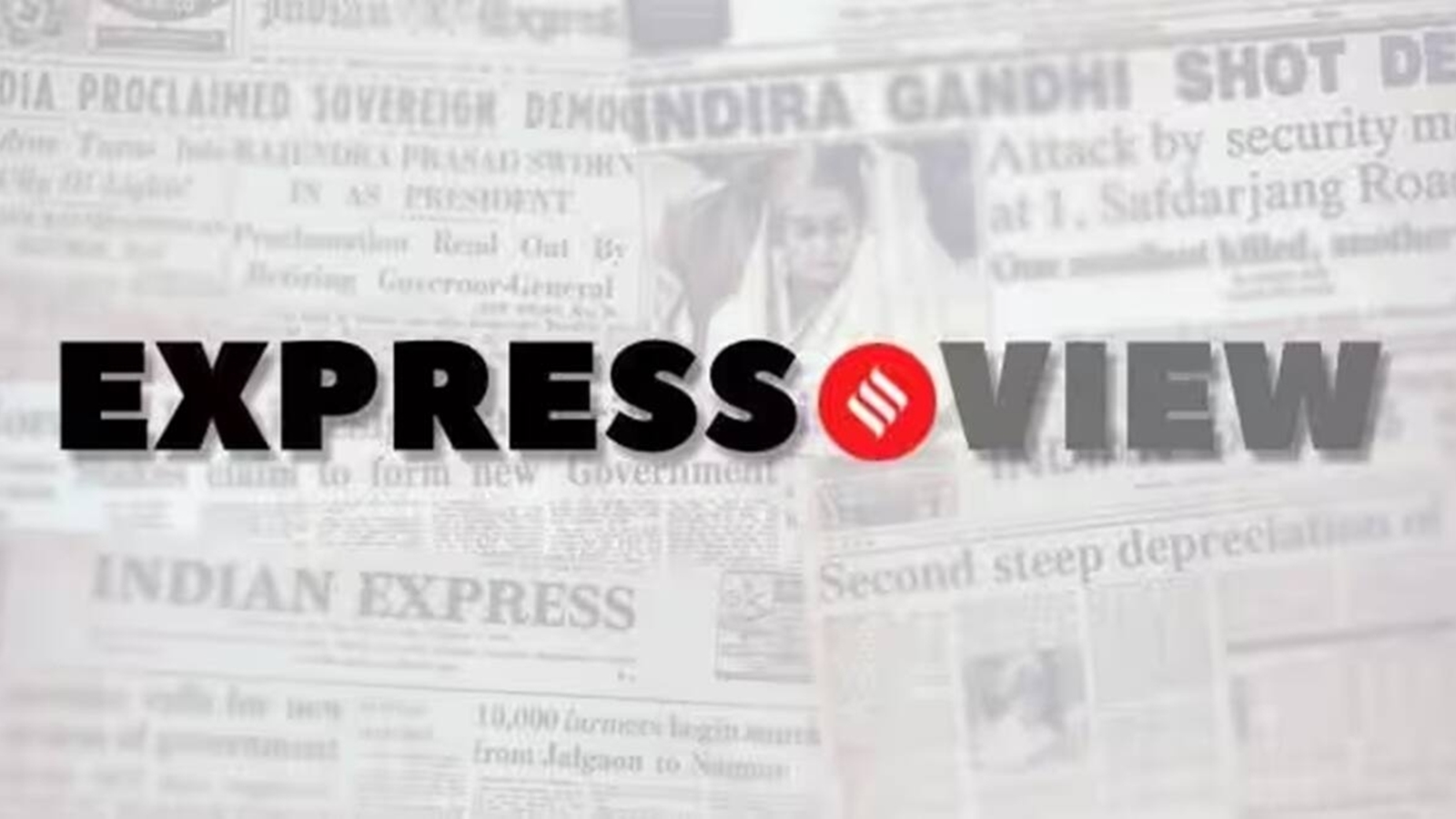
In November last year, the Ministry of Information and Broadcasting had placed the draft Broadcasting Services (Regulation) Bill in the public domain for comments. Last month, a new version of the Bill was reportedly shared with a few stakeholders. Several provisions have been met with legitimate criticism. Concerns have been articulated over the government’s apparent attempt to exercise greater sway over online content, and curb views that it may deem as being critical of it, raising worries over freedom of speech and expression. Such fears are underlined when a government official, according to a report in this paper, cites the ‘role a number of independent content creators played in the run-up to the 2024 Lok Sabha polls’ in videos ‘which made some sensational claims about the government and its senior leaders’, as a key reason for the bill.
Several controversial provisions of the draft Bill warrant more careful consideration. It has sought to expand its scope from OTT content and digital news to social media accounts and online video creators. It seeks to expand the definition of ‘digital news broadcaster’ to include publishers of news and current affairs content, also encompassing independent content creators. This could include users on platforms such as YouTube, Instagram and X, platforms that provide space to a vast multitude and help amplify news and views. The Bill could possibly include creators who reside outside the country as well — this, though, would run up against the wall of enforcement. These content creators need to intimate the government of their work, set up a content evaluation committee, and ensure its diversity — only programmes certified by these committees would be allowed to run. Such sweeping provisions, which could lead to greater interventions and curbs, posing hurdles for creators in the development of content and in the generation of revenue streams, don’t square with the government’s own attempts elsewhere to bolster the start-up ecosystem, and invigorate the digital economy.
After a pushback from several quarters, the government has done well to withdraw the draft Bill. The ministry has said that it ‘is holding a series of consultations with the stakeholders,’ and has allowed them till October 15 to place their comments. It has said that a fresh draft will be published after detailed consultations. This is the right step. Such far reaching regulations, besides being undesirable, will also be difficult to implement. The government must listen to all stakeholders before it goes forward with this bill.


